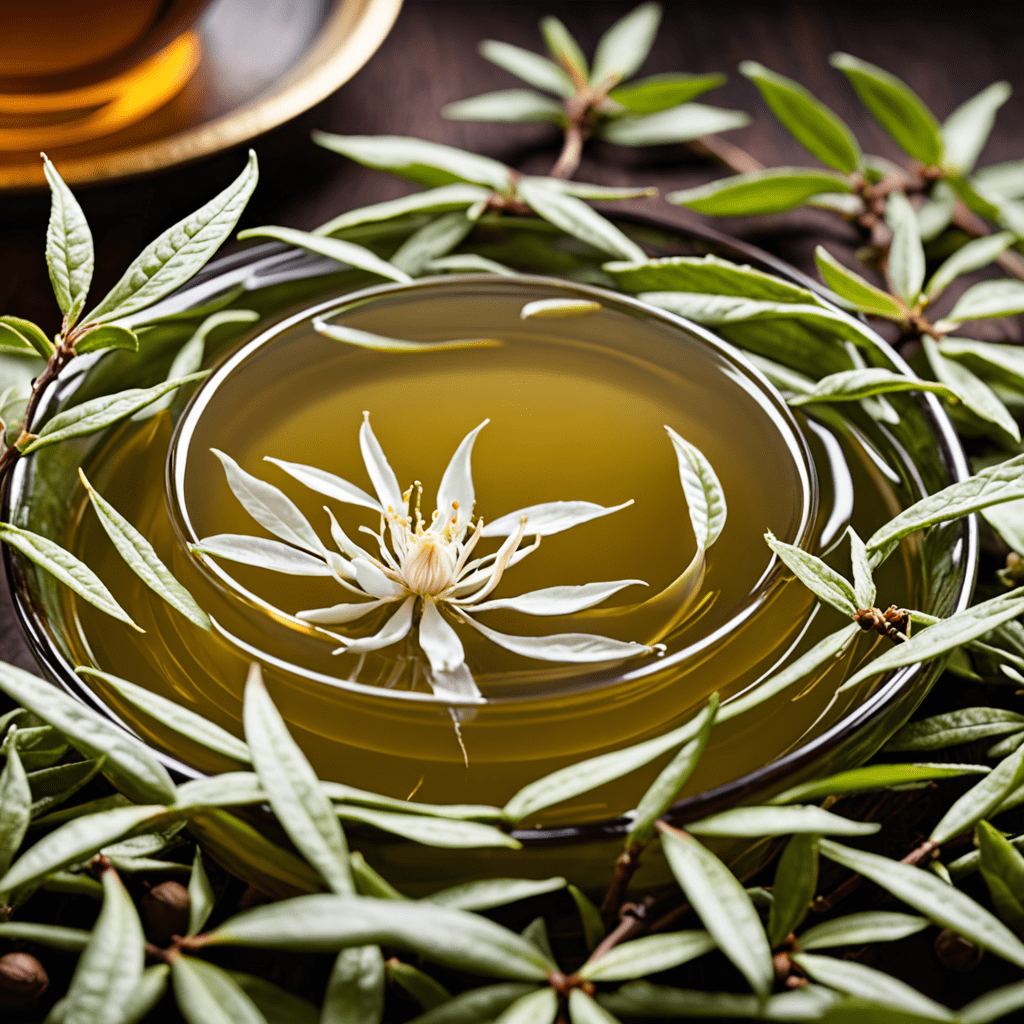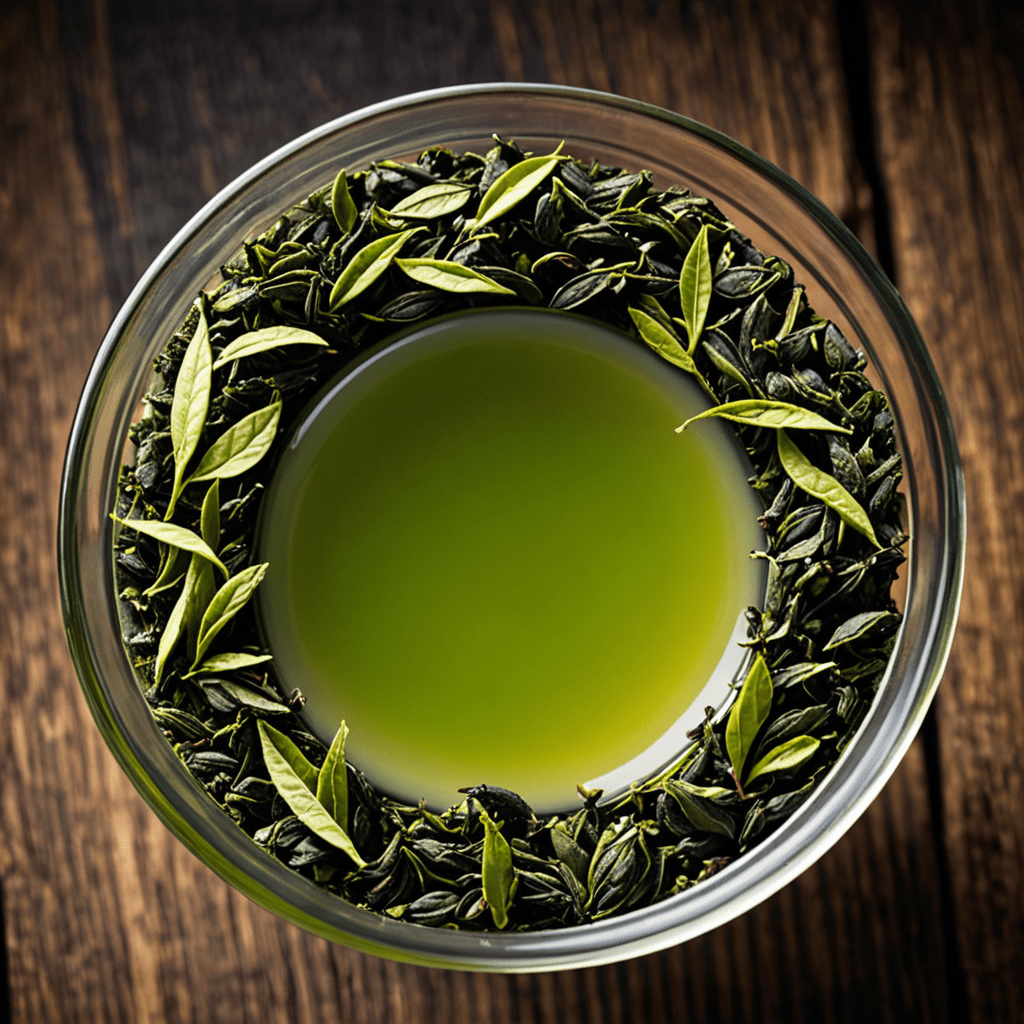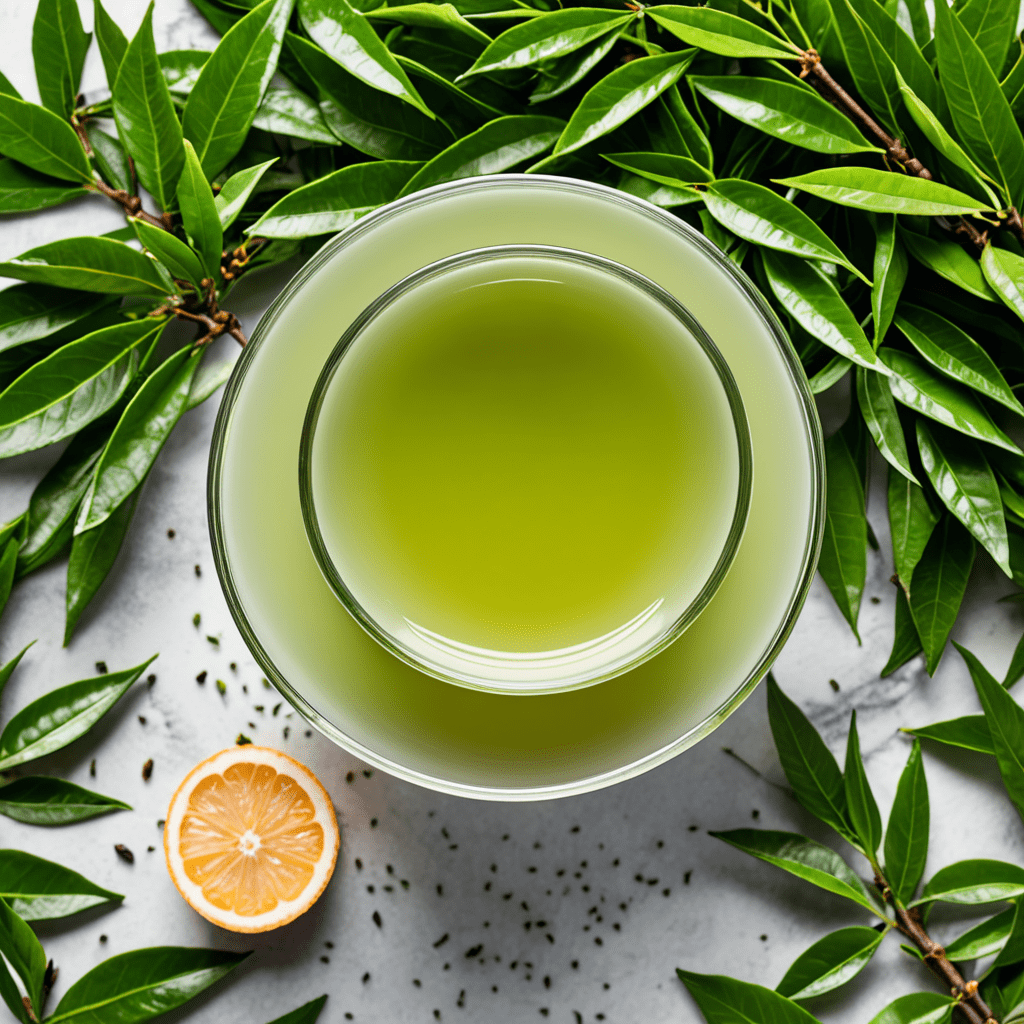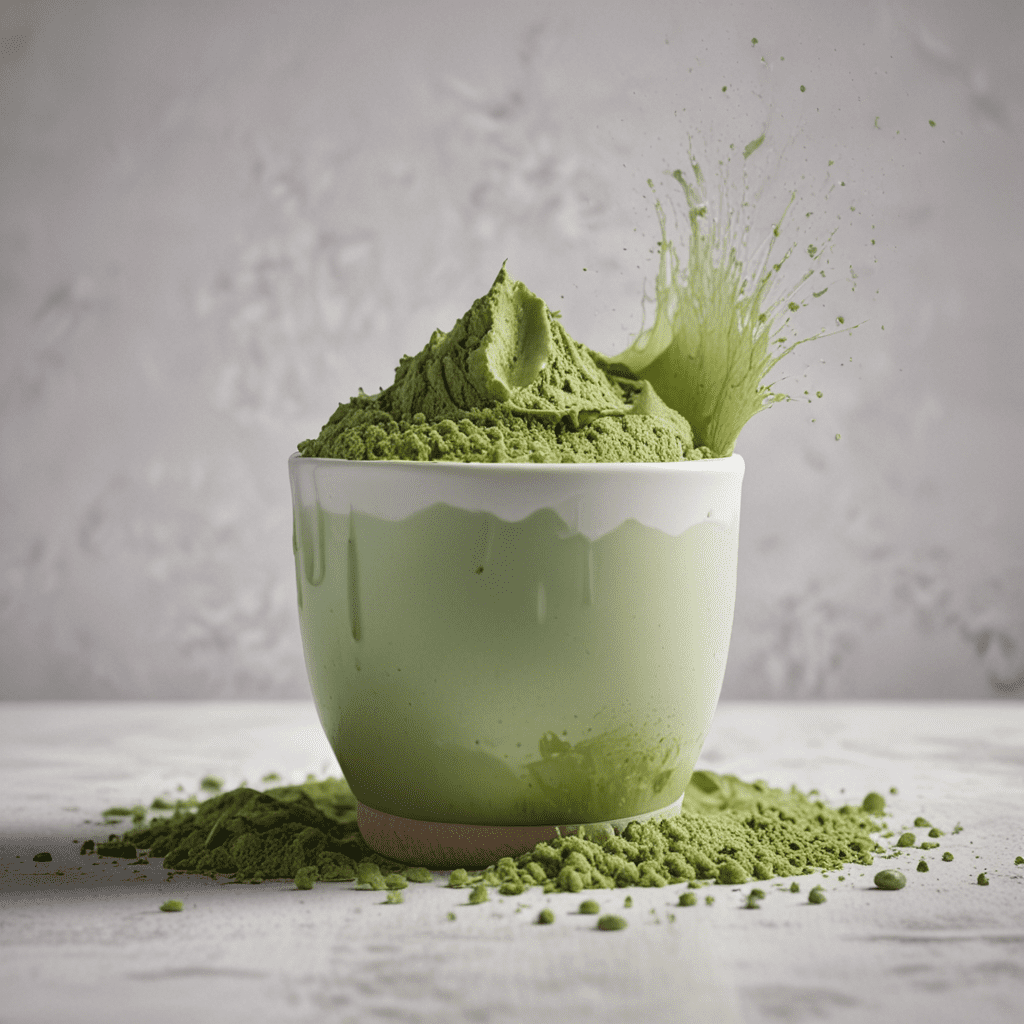The Delicate Elegance of White Tea
White tea, known for its subtle flavor and delicate aroma, is a type of tea made from the Camellia sinensis plant. It is the least processed among all tea varieties, carefully harvested and dried to preserve its natural composition.
The Origins of White Tea
White tea originated in China, with a history dating back to the Song Dynasty (960-1279 AD). It was traditionally reserved for royalty and nobility due to its rareness and high-quality production methods.
Production Process of White Tea
White tea is minimally processed, typically undergoing withering and drying stages. The tea leaves are plucked at a specific time during the plant’s growth, usually when they are young and covered with fine white hairs.
Health Benefits of White Tea
White tea is rich in antioxidants, which may help in reducing the risk of chronic diseases, improving skin health, and promoting overall well-being. It also contains less caffeine compared to green or black tea, making it a soothing choice for relaxation.
Types of White Tea
There are several varieties of white tea, including Silver Needle (Bai Hao Yin Zhen), White Peony (Bai Mu Dan), and Tribute Eyebrow (Gong Mei). Each type has its unique flavor profiles and characteristics, offering a diverse experience for tea enthusiasts.
Brewing the Perfect Cup of White Tea
To enjoy the exquisite flavors of white tea, it is essential to brew it with care. Use low-temperature water around 175°F (80°C) and steep the leaves for 1-3 minutes to avoid a bitter taste. Experiment with different brewing times to find your preferred strength.
White Tea: A Moment of Tranquility
Whether sipped during a quiet morning or as a calming ritual before bed, white tea provides a soothing experience that resonates with tranquility. Its gentle nature and nuanced flavors create a symphony of relaxation, inviting you to unwind and savor the moment.
FAQs About White Tea
What is White Tea?
White tea is a delicate and minimally processed tea made from young tea leaves and buds of the Camellia sinensis plant. It undergoes minimal oxidation, giving it a subtle flavor and light color.
What makes White Tea unique?
White tea stands out for its gentle aroma, natural sweetness, and a higher concentration of antioxidants compared to other tea types. Its minimal processing helps retain the tea plant’s original properties.
How is White Tea brewed?
To brew white tea, use water just below boiling point (around 170-185°F) and steep the tea leaves for 1-3 minutes. The precise brewing time may vary based on personal preference and the specific white tea variety.
What are the health benefits of White Tea?
White tea is rich in antioxidants, which can help boost the immune system, promote skin health, and potentially reduce the risk of chronic diseases. Its low caffeine content makes it a calming choice.
Can White Tea be enjoyed with additions like milk or sugar?
White tea is typically appreciated for its subtle and nuanced flavors, so adding milk or sugar may overpower its natural taste. However, feel free to experiment based on personal preference.



